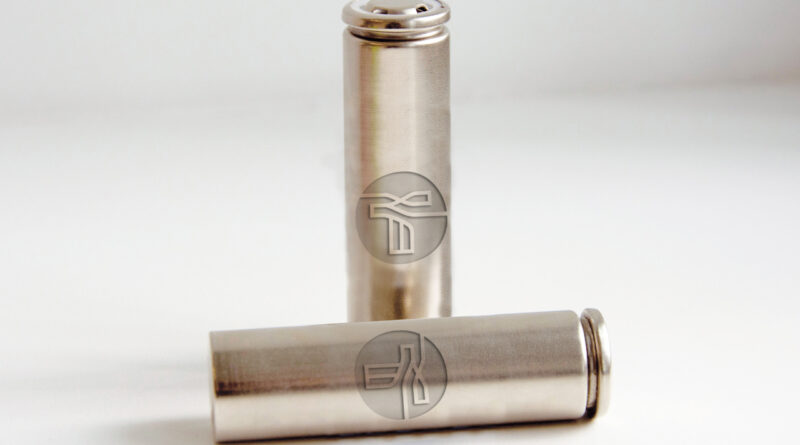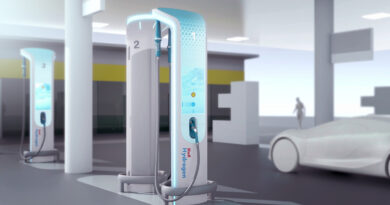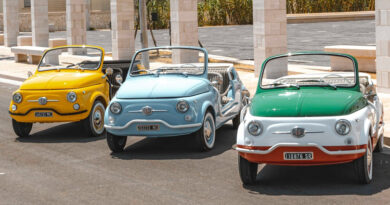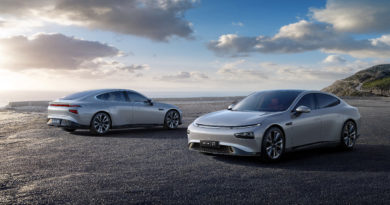Battery revolution! Has Stellantis cracked the code for super-cheap EVs that will undercut ICE?
The global auto giant Stellantis has done a deal with a French battery-maker to secure fresh sodium-ion battery technology for its future EVs that could see electric cars finally undercut petrol cars on purchase price.
As part of its heavy investment in Tiamat, a company owned by the French National Centre for Scientific Research, Stellantis says it will build a new factory in France to mass produce the new cheap batteries.
The fourth largest car-maker globally, with brands including Peugeot, Citroen, Opel, Alfa Romeo, Fiat, RAM, Dodge and Jeep, hasn’t revealed just how affordable sodium-ion batteries will be, but some analysts predict they will cost only a third to produce compared to regular lithium-ion cells.
READ MORE: Range anxiety solved? Stellantis to open first EV battery-swap station in 2024
READ MORE: Electric muscle: Dodge Charger Daytona SRT EV teased
Better still, sodium-ion batteries (Tiamat prototyopes pictured top) are said to be faster to charge, safer to use, with much less chance of the catastrophic thermal runaway conventional batteries occasionally suffer.
The biggest advantage is they do not require lithium, cobalt, or nickel, with the raw materials plentiful and cheap and sourced in Europe rather than China or war-torn or corrupt regions.
Not that sodium-ion batteries are perfect, not just yet at least. Some drawbacks are that the cells have a lower energy density, while early prototypes suggested they would have a shorter useable lifespan.
That said the Tiamat batteries are claimed to have respectable power density of 2-5kW per kg and retain up to 80 per cent of their charge after 5000 charge cycles.
Now the ink has dried it’s expected Stellantis will co-develop its own batteries with its French partner using its latest secret tech that’s claimed to slash battery weight by as much as 50 per cent while improving efficiency.
What hasn’t been provided is a timeline for when we’ll first see sodium-ion powered Peugeots, Alfas or Opels.
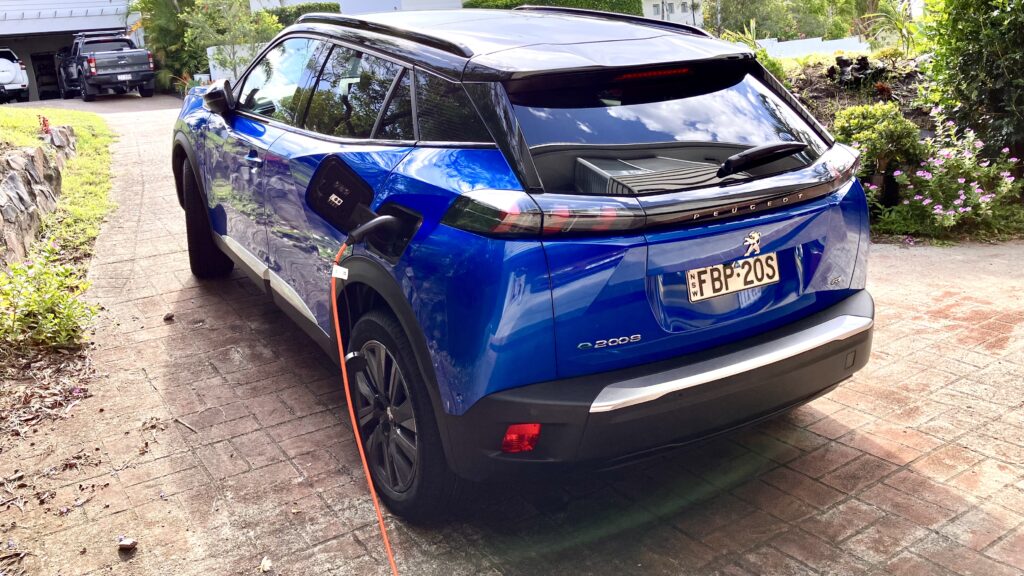
But Based on our own Iain Curry’s test of the new Peugeot e-2008 with its high price and low range, they cant come soon enough.
Instead, when the factory opens it will initially only supply batteries for power tools and energy storage devices, before advancing and scaling up the tech to powering EVs.
But one thing is for sure, Stellantis better be quick.
China’s BYD is also infatuated by the concept of more affordable batteries and is said to have already invested an astonishing $US1.2 billion ($A1.8b) to build the world’s largest sodium battery plant in Xuzhou in China.
When it’s expected to open in the next year or so, the new plant will supply batteries for both small cars and scooters, giving it a crucial advantage when it comes to producing some of the most affordable EVs.

